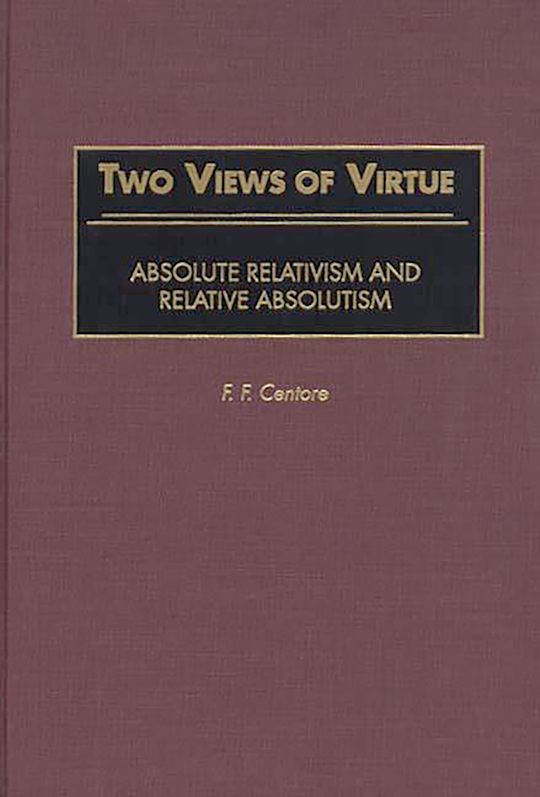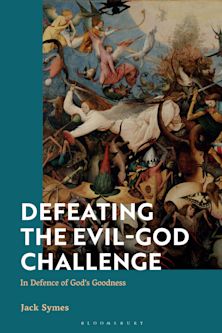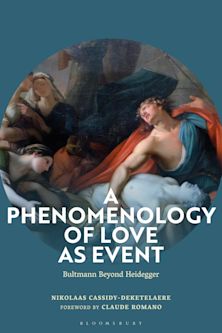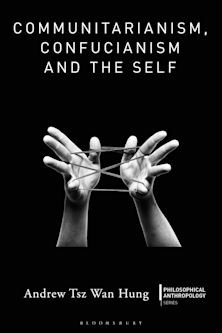- Home
- ACADEMIC
- Philosophy
- Philosophy of Religion
- Two Views of Virtue
Two Views of Virtue
Absolute Relativism and Relative Absolutism
Two Views of Virtue
Absolute Relativism and Relative Absolutism
You must sign in to add this item to your wishlist. Please sign in or create an account
Description
Centore's work is an inquiry into the weaknesses and strengths of the two basic positions in ethics: the man-centered model and the God-centered model for deciding between right and wrong behavior. The philosophical paradigm for the man-centered approach is absolute relativism, while the paradigm for the God-centered approach is relative absolutism. Centore argues that the man-centered model in actual practice proves not to be realistic as an ethical guide, while the God-centered model, if properly understood, is the most useful approach. This work penetrates difficult ethical issues by examining human experience and reasoning in conjunction with actual choices of action. Although the God-centered approach is shown to be the most practical, Centore argues for a natural moral law that avoids any specific theology.
Each chapter discusses the historical and theoretical background of the approaches and two possible compromises. The work is enlivened with examples of possible contexts in which moral decisions must take place. Various ethical dilemmas are presented with an examination of the potential consequences of applying either the atheistic or the theistic ethical approach. Centore's argument is complex, but he explains the elements clearly and his conclusion is strengthened by real-life cases and an extensive Bibliography.
Table of Contents
Absolute Relativism One: Individual-Think Is the Measure
Absolute Relativism Two: Group-Think Is the Measure
Absolute Relativism Three: The Good Goal Is the Measure
Relative Absolutism: God Is the Measure
Bibliography
Index
Product details
| Published | May 30 2000 |
|---|---|
| Format | Ebook (PDF) |
| Edition | 1st |
| Extent | 216 |
| ISBN | 9780313002182 |
| Imprint | Praeger |
| Series | Contributions in Philosophy |
| Publisher | Bloomsbury Publishing |
About the contributors

ONLINE RESOURCES
Bloomsbury Collections
This book is available on Bloomsbury Collections where your library has access.


































